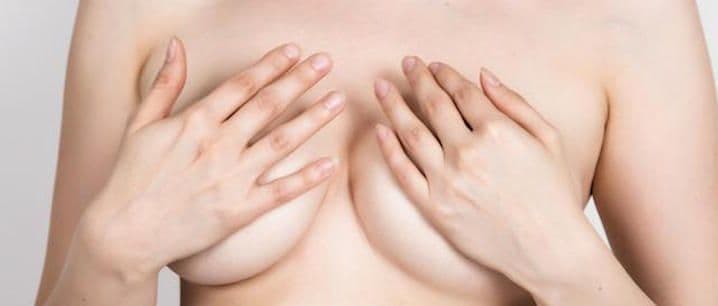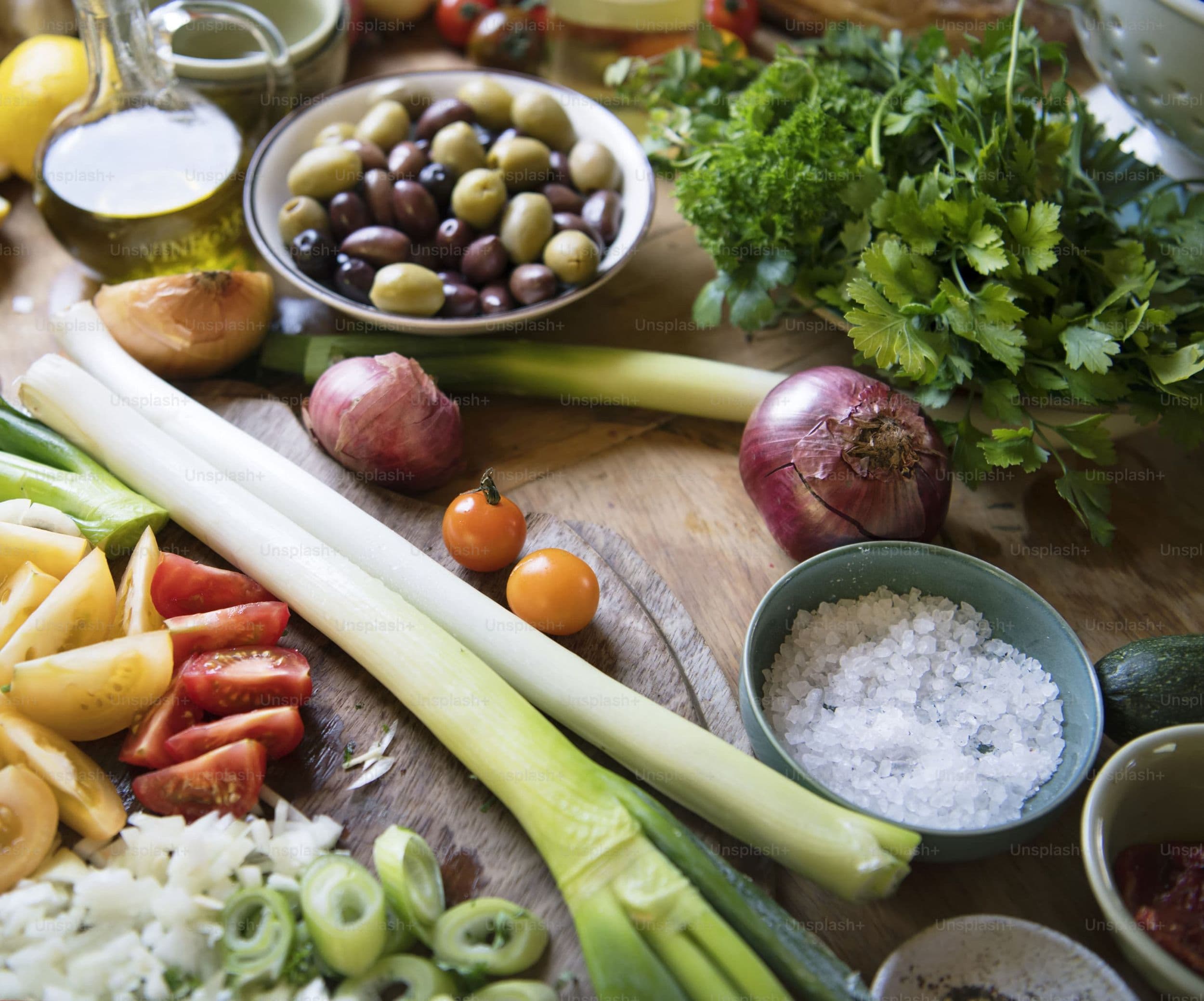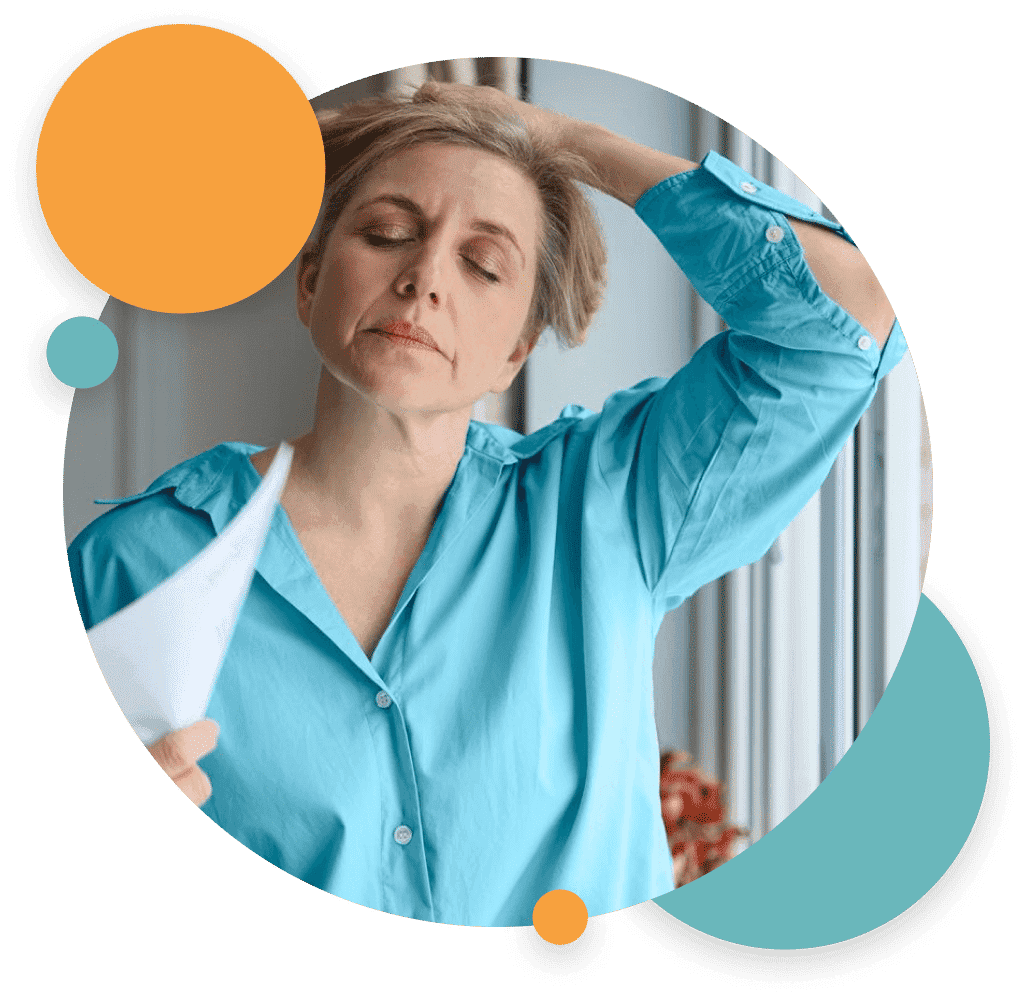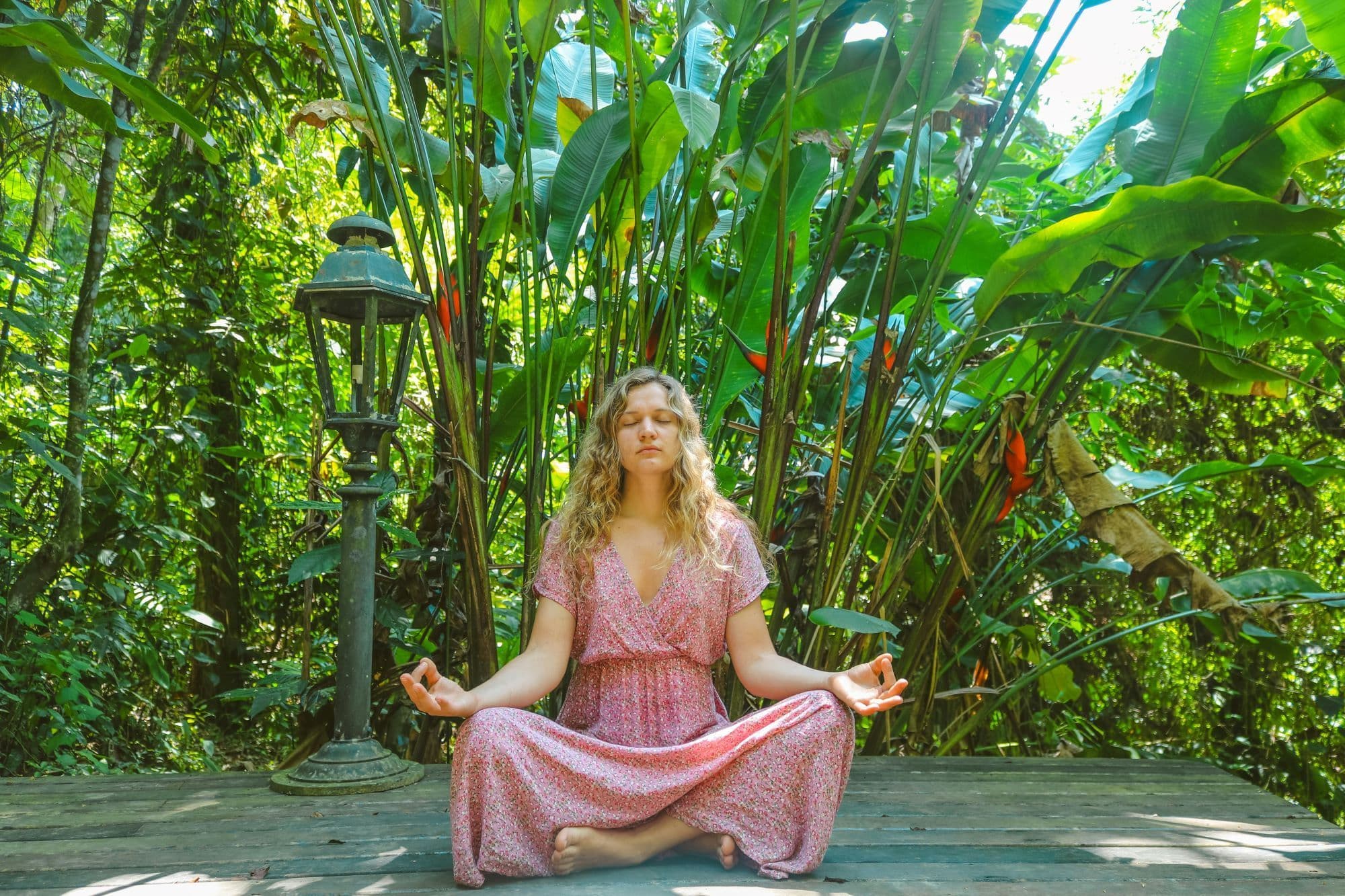Breast Tenderness and Menopause
Menopause
Obie Editorial Team

Why does menopause cause breast tenderness?
While breast pain and tenderness after ovulation is due to an increase in the hormone progesterone, breast tenderness during menopause is due to a hormone imbalance. In most cases, an unbalanced level of estrogen hormones is the main cause of breast tenderness during menopause.
During the menstrual cycle, estrogen and progesterone levels vary in different ways. Normally, when estrogen is down and progesterone is up, breasts get bigger in size and start being tender and hurt. But during and shortly before menopause hormonal imbalance can alter this cycle, making breasts even bigger and more susceptible to pain, and for more prolonged periods. Therefore, when hormones are not balanced and estrogen levels decrease more than progesterone, the end result is breast tenderness during menopause.
Finding relief for breast pain
Breast tenderness can range from slightly uncomfortable to painful. Your breast may feel full and achy or you may have shooting pains and a lot of discomfort. Breast tenderness (and other menopause symptoms such as bloating and heat tolerance) can be improved by making sure you are properly hydrated. The more water you put in your body, the more your body will expel sodium (which retains water) and toxins.
Here are some ways to find relief:
- Try taking ibuprofen or acetaminophen
- Use a hot water bottle
- Drink more water (even if you are already drinking well)
- Eat more fruit and vegetables
- Get enough sleep
- Stay away from processed foods
- Avoid alcohol
- Walk and/or exercise every day
Read More











